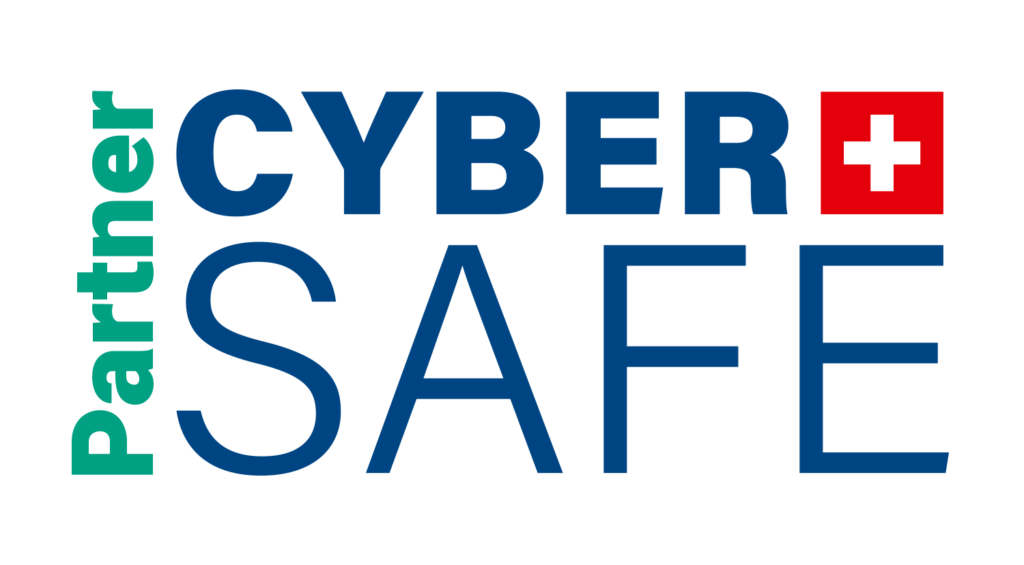Featured Story
CISA Says GitLab Account Takeover Bug is Actively Exploited in Attacks
CISA has issued a warning about active exploitation of CVE-2023-7028, a maximum-severity vulnerability in GitLab. This flaw allows unauthenticated attackers to hijack GitLab accounts by exploiting improper access controls. Attackers can send password reset emails to addresses they control, change passwords, and take over accounts—without user interaction.
Given the sensitive nature of data stored on GitLab—such as source code, API keys, and CI/CD configuration—successful exploitation can lead to devastating supply chain attacks and unauthorized code insertion in software environments.
Organisations must urgently patch their GitLab instances. Enabling two-factor authentication (2FA) provides an essential layer of protection and can prevent exploitation of this vulnerability.
Other Stories
Four Critical Vulnerabilities Expose HPE Aruba Devices to RCE Attacks
HPE Aruba Networking has released patches addressing four critical buffer overflow vulnerabilities (CVSS 9.8) in ArubaOS. These flaws could be exploited by unauthenticated attackers to execute remote code on affected systems.
Security Breach Exposes Dropbox Sign Users
Dropbox has confirmed a breach affecting Dropbox Sign, compromising data such as email addresses, usernames, hashed passwords, and API keys. Even non-registered users who interacted with the platform were affected.
Okta: Credential-Stuffing Attacks Spike via Proxy Networks
Okta has detected a surge in credential-stuffing attacks using anonymizing networks like Tor and residential proxy services. These attacks exploit login forms across organizations to gain unauthorized access.






